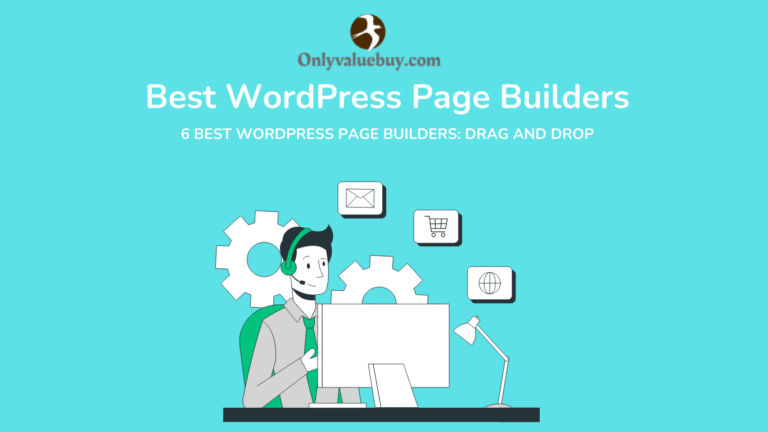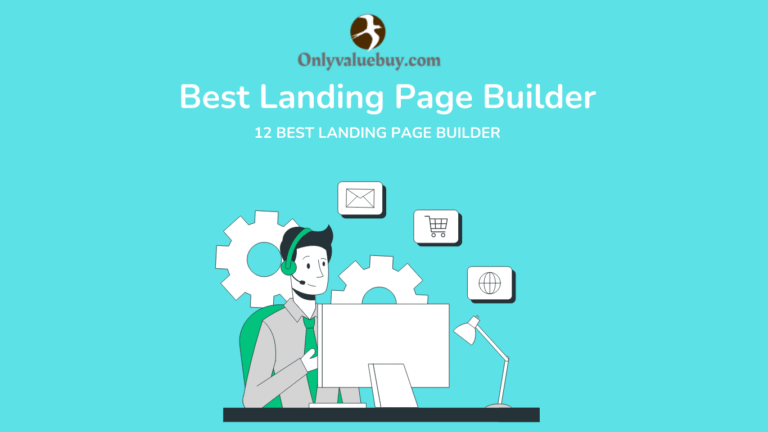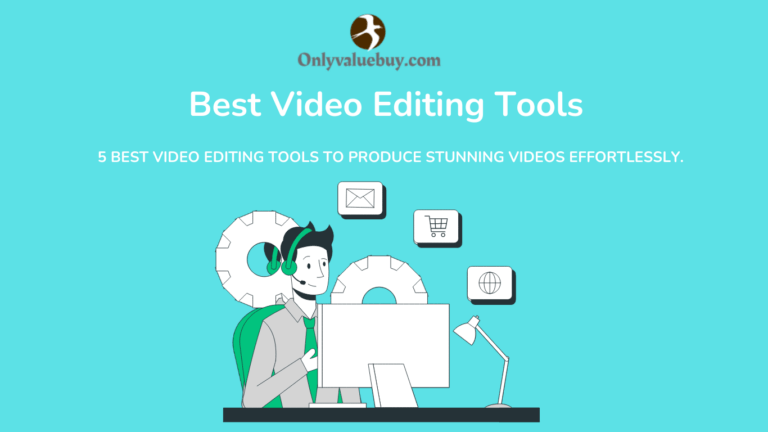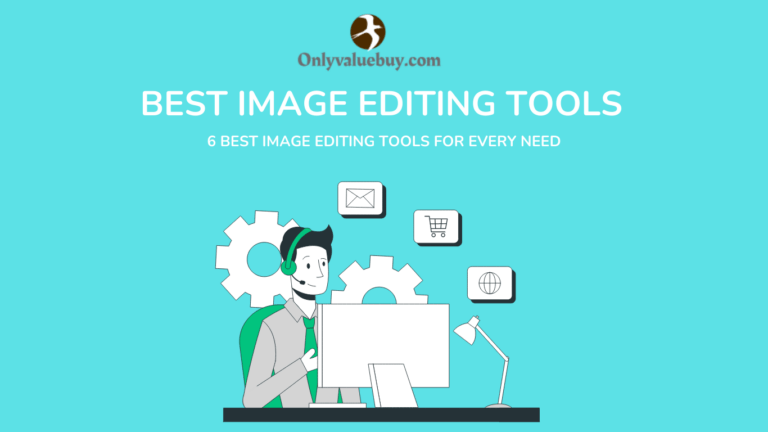11 Best SEO Tools for Beginners: Easy-to-Use Options for 2025
In today’s ultra-competitive digital landscape, SEO isn’t just important – it’s essential for online success. Whether you’re running a blog, managing an e-commerce store, or growing a business website, ranking higher in search results can mean the difference between obscurity and explosive growth which is brought by the best SEO tools.
But here’s the harsh reality: Trying to do SEO without the right tools is like navigating a dense jungle without a map. You might eventually stumble upon success, but you’ll waste precious time, energy, and resources along the way. The right SEO tools don’t just make your job easier – they give you the competitive edge that separates the winners from everyone else.
SEO, or search engine optimization, is the process of increasing traffic to your website, i.e., increasing the count of people visiting your website so that you can generate more sales for your products and services to your customers. Increasing the quality and quantity of traffic is the main motive behind SEO.
The 3 Pillars of Effective SEO Traffic
1. Quality of Traffic
Attracting visitors isn’t enough – you need the right visitors. If you sell apples (the fruit), traffic searching for Apple computers is worthless. Quality traffic comes from users genuinely interested in your products/services, as indicated by:
- Lower bounce rates
- Longer session durations
- Higher conversion rates
2. Quantity of Traffic
Once you’re targeting the correct audience, more traffic = more opportunities. Key metrics:
- Organic click-through rates (CTR)
- SERP visibility for target keywords
- Sustainable growth month-over-month
3. Organic vs Paid Traffic
While ads appear prominently in SERPs, organic traffic:
- Costs nothing per click
- Builds long-term authority
- Typically converts better than paid traffic
The SEO Process Breakdown
1. Keyword Research
Identify terms your ideal customers search for. Modern tools now analyze:
- Search intent (informational vs transactional)
- Semantic keyword relationships
- Voice search optimization
2. On-Page Optimization
- Craft compelling meta titles/descriptions (now with AI-assisted optimization)
- Structure content for featured snippets
- Optimize for E-E-A-T (Experience, Expertise, Authoritativeness, Trustworthiness)
3. Technical SEO
2025 priorities include:
- Core Web Vitals compliance
- Mobile-first indexing readiness
- Structured data markup implementation
- JavaScript rendering evaluation
4. Link Building
Modern best practices focus on:
- Topic cluster authority building
- Natural, editorially-earned backlinks
- Local citation consistency (for geo-targeted businesses)
5. Performance Tracking
Essential monitoring through tools like:
- Google Search Console (rank tracking)
- GA4 (behavior flow analysis)
- PageSpeed Insights (performance metrics)
Why SEO Tools Matter in 2025
The right tools help streamline:
- AI-powered content optimization
- Technical issue detection
- Competitor gap analysis
- ROI measurement
In this comprehensive guide, we’re going to cut through the noise and analyze the 7 most powerful SEO tools available today. We’ve personally tested each one to bring you
✅ Detailed feature breakdowns that matter
✅ Real-world pricing that fits different budgets
✅ Clear pros and cons based on actual usage
✅ Specific recommendations for different needs
✅ Free alternatives where available
What makes this guide different? We’re not just listing features -we’re giving you the straight talk about which tools deliver results versus which ones are just hype. Whether you’re a solo blogger working with a tight budget or an agency managing dozens of clients, you’ll find exactly what you need here.
Here’s what we’ll cover:
- The all-in-one SEO powerhouse that agencies swear by
- The backlink analysis tool that’s considered industry gold
- The surprisingly affordable keyword research gem
- The Amazon specialist tool that sellers love
- The local SEO solution perfect for small businesses
- The long-tail keyword specialist for niche domination
- The budget-friendly alternative that punches above its weight
We’ll also answer the most common questions like:
- Is it worth paying for premium SEO tools?
- Can you get by with just free options?
- Which tool gives you the most bang for your buck?
- How do these tools compare to Google’s solutions?
By the end of this guide, you’ll know exactly which SEO tool (or combination of tools) is right for your specific needs and budget. No more guessing, no more wasting money on tools that don’t deliver – just clear, actionable recommendations to help you dominate search rankings.
Let’s dive in and explore the tools that can transform your SEO strategy from basic to brilliant. Whether you’re just starting out or looking to upgrade your current toolkit, this guide will point you in the right direction.
Quick Comparison: Best SEO Tools at a Glance
| Tool | Best For | Key Features | Pricing (Starting) | Free Plan? | 2025 Rating |
|---|---|---|---|---|---|
| SEMrush | Enterprise SEO | Complete suite, content optimization, PPC tools | $129.95/mo | 7-day trial | ⭐⭐⭐⭐⭐ |
| Ahrefs | Backlink dominance | Best backlink analyzer, content explorer | $99/mo | $7 trial | ⭐⭐⭐⭐⭐ |
| Moz Pro | Beginner SEO | Domain authority metrics, local SEO, rank tracking | $99/mo | 30-day trial | ⭐⭐⭐⭐½ |
| Ubersuggest | Budget keyword research | Basic keyword ideas, content suggestions | $29/mo | Limited free | ⭐⭐⭐½ |
| Surfer SEO | Content optimization | AI writer, SERP analyzer, content grader | $89/mo | No | ⭐⭐⭐⭐ |
| Google Search Console | Foundational metrics | Index coverage, Core Web Vitals, impressions | Free | Full free | ⭐⭐⭐⭐⭐ |
| KWFinder | Long-tail keywords | Easy interface, competition scores | $49/mo | 10 searches/day | ⭐⭐⭐⭐ |
| AMZWatcher | Amazon sellers | Product tracking, review monitoring | $29/mo | No | ⭐⭐⭐½ |
| ProRank Tracker | Local businesses | Google My Business insights | $19/mo | No | ⭐⭐⭐⭐ |
| LongTailPro | Affiliate marketers | Niche keyword discovery | $37/mo | 7-day trial | ⭐⭐⭐ |
| SERPSTAT | Mid-tier agencies | Backlink analysis, rank tracking | $55/mo | 7-day trial | ⭐⭐⭐⭐ |
1. SEMrush – The All-in-One SEO Powerhouse

✅ Best for: Agencies, marketers, and businesses needing full SEO, PPC, and content tools
Key Features:
✔ Keyword research (millions of suggestions)
✔ Backlink analysis (spy on competitors)
✔ Rank tracking (daily updates)
✔ Site audit (fix technical SEO issues)
✔ Content optimization (real-time suggestions)
Pros:
✅ Most comprehensive SEO suite
✅ Great for competitor research
✅ Integrates with Google Analytics
Cons:
❌ Expensive for beginners
❌ Steeper learning curve
Pricing:
- Pro Plan: $129.95/month
- Free Trial: 7 days
2. Ahrefs – The Backlink King

✅ Best for: SEOs focused on link building & competitor analysis
Key Features:
✔ Backlink checker (most accurate in the industry)
✔ Keyword explorer (difficulty scoring)
✔ Content gap analysis (find missing opportunities)
✔ Rank tracker (daily updates)
Pros:
✅ Best backlink database
✅ Great for content marketers
✅ Simple UI
Cons:
❌ No free plan
❌ Expensive for small businesses
Pricing:
- Lite Plan: $99/month
- Free Trial: $7 for 7 days
3. KWFinder—Best for Long-Tail Keywords
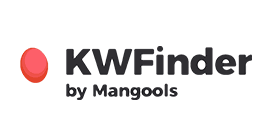
✅ Best for: Bloggers & small businesses needing easy keyword research
Key Features:
✔ Long-tail keyword suggestions
✔ Low-competition keywords
✔ Local SEO keyword tracking
Pros:
✅ User-friendly (great for beginners)
✅ Cheaper than SEMrush/Ahrefs
Cons:
❌ Limited features compared to bigger tools
Pricing:
- Basic Plan: $49/month
- Free Plan: 10 searches/day
4. AMZWatcher – Best for Amazon Sellers

✅ Best for: E-commerce sellers optimizing Amazon listings
Key Features:
✔ Amazon keyword tracking
✔ Competitor product monitoring
✔ Review alerts
Pros:
✅ Affordable for Amazon sellers
✅ Real-time tracking
Cons:
❌ Only for Amazon SEO
Pricing:
- Starts at $29/month
5.Prorank Tracker – Best for Local SEO

✅ Best for: Small businesses tracking local rankings
Key Features:
✔ Local rank tracking
✔ Competitor analysis
✔ White-label reports
Pros:
✅ Cheap & effective
✅ Easy to use
Cons:
❌ No keyword research tools
Pricing:
- $19/month
6. LongTailPro – Best for Niche Keywords
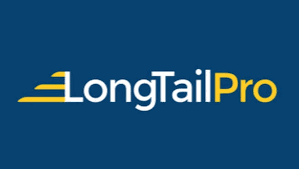
✅ Best for: Bloggers looking for low-competition keywords
Key Features:
✔ Long-tail keyword research
✔ Competition scoring
✔ Rank tracking
Pros:
✅ Great for affiliate marketers
✅ Cheaper than Ahrefs/SEMrush
Cons:
❌ Limited beyond keyword research
Pricing:
- $37/month
7. SERPSTAT—Best Budget SEO Tool
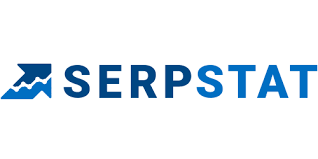
✅ Best for: Startups needing affordable SEO data
Key Features:
✔ Rank tracking
✔ Backlink analysis
✔ Keyword clustering
Pros:
✅ Cheaper than competitors
✅ Good for basic SEO needs
Cons:
❌ Smaller database than Ahrefs/SEMrush
Pricing:
- $55/month
8. Ubersuggest – Best for keyword Research

✅ Best for: Bloggers & startups needing affordable keyword research
Key Features:
- Keyword difficulty scoring
- Content ideas generator
- Basic backlink checker
- Competitor traffic analysis
Pros:
✔️ Most budget-friendly ($29/month)
✔️ Neil Patel’s credibility
✔️ Free plan available (3 searches/day)
Cons:
✖️ Limited historical data (2 years max)
✖️ Basic rank tracking only
✖️ No API access
Pricing:
- Free (limited)
- 29$/month- 290$/year
9. Surfer SEO – Best AI Enabled SEO Tool

✅ Best for: Content teams & SEO-focused writers
Key Features:
- AI content editor with real-time grading
- SERP analyzer for top pages
- Keyword clustering
- Google Docs integration
Pros:
✔️ Data-driven content optimization
✔️ Reduces guesswork in writing
✔️ 7-day trial available
Cons:
✖️ Steep learning curve
✖️ No free plan
✖️ Pricier than some alternatives
Pricing:
- 89$/month→79$/month (annual)
10. Google Search Console – Best For all Website Owners

✅ Best for: All website owners (essential free tool)
Key Features:
- Search performance reports
- Index coverage monitoring
- Mobile usability checker
- Security issue alerts
Pros:
✔️ 100% free with direct Google data
✔️ Critical for technical SEO
✔️ Core Web Vitals tracking
Cons:
✖️ No keyword research tools
✖️ Basic interface
✖️ Limited data retention (16 months)
Pricing:
- Free forever
11. Moz Pro – Best for SEO Begineers
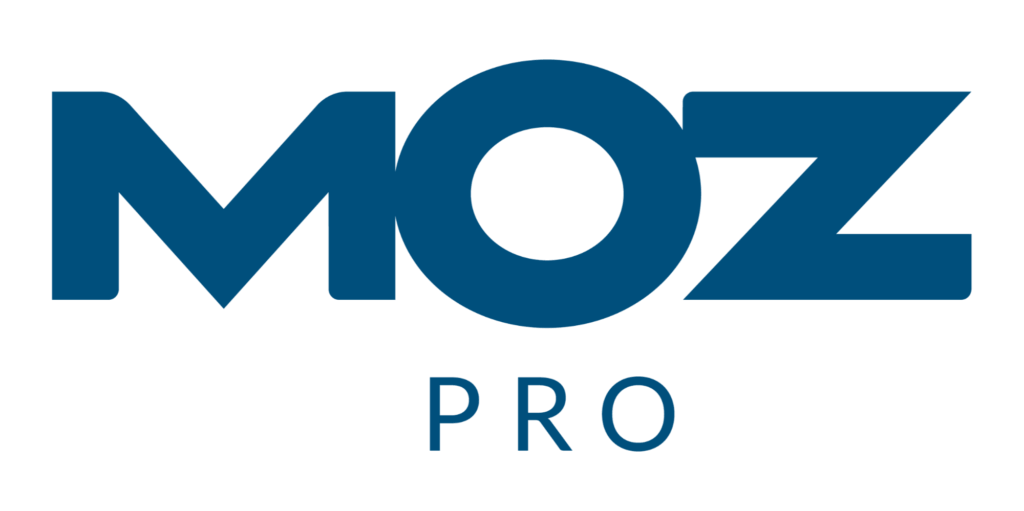
✅ Best for: Local businesses & SEO beginners
Key Features:
- Domain Authority metric
- Local rank tracking
- Link explorer
- On-page optimization grader
Pros:
✔️ Best local SEO features
✔️ Beginner-friendly guides
✔️ 30-day free trial
Cons:
✖️ Expensive for features offered
✖️ Smaller backlink index than Ahrefs
✖️ Limited content tools
Pricing:
- 99$/month→79$/month (annual)
Final Verdict: Which SEO Tool Should You Choose?
✔ Best All-in-One Tool: SEMrush
✔ Best for Backlinks: Ahrefs
✔ Best for Beginners: KWFinder
✔ Best for Amazon Sellers: AMWatcher
✔ Best Budget Option: SERPSTAT
FAQ: SEO Tools Explained
1. What’s the best free SEO tool?
- Google Keyword Planner (free but requires a Google Ads account)
- Ubersuggest (free version with daily limits)
- Google Search Console (essential free data)
2. SEMrush vs Ahrefs – which is better?
- ✅ SEMrush wins for: All-in-one SEO, content optimization, PPC tools
- ✅ Ahrefs wins for: Backlink analysis, link building, content gap finds
- 💡 Pro Tip: Many agencies use both simultaneously
3. Best tool for local SEO?
- Top Choices:
- Moz Local ($84/year)
- BrightLocal ($29+/mo)
- ProRank Tracker ($19/mo)
4. Can I use multiple SEO tools?
Yes! Common professional combos:
- Ahrefs (backlinks) + SEMrush (content)
- Moz (local) + SurferSEO (content grading)
- Google Tools (free) + KWFinder (keywords)
5. Budget-friendly SEO tool?
- Budget Options:
- SERPSTAT ($55/month)
- KWFinder ($49/month)
- Ubersuggest ($29/month)



